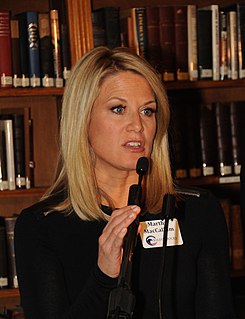A Quote by Alice Mattison
I love to read nonfiction and memoir, but I'm mostly interested in the piece of writing more than the person.
Quote Topics
Related Quotes
I've been thinking a lot about why it was so important to me to do The Idiot as a novel, and not a memoir. One reason is the great love of novels that I keep droning on about. I've always loved reading novels. I've wanted to write novels since I was little. I started my first novel when I was seven.I don't have the same connection to memoir or nonfiction or essays. Writing nonfiction makes me feel a little bit as if I'm producing a product I don't consume - it's a really alienating feeling.
If you're writing a book where you want to make a positive truth claim, then you should absolutely call it nonfiction or memoir. If you don't want to make that claim - if that's not what's important to you; if you're more interested in storytelling and interiority and interpersonal relationships than in objective, checkable facts about the world - then why wouldn't you call it a novel, and take advantage of what that gets you, of the extra freedom, of belonging to the tradition of the novel?
Discovery still happens in the writing. You start in nonfiction with a whole lot more going for you, because all the discovery isn't waiting to be made. You've made some of it in the research. As you get deeper into a piece and do more research, the notes are in the direction of the piece - you're actually writing it.
If you can propose a memoir, even if you are eighteen years old - and what do you remember? What are you memeing? If you can propose a memoir, I believe someone will pay you to write it. And you will get a contract for nonfiction. And if it is about victimology in one way or another than you'll get more money. It's a sensation.




































